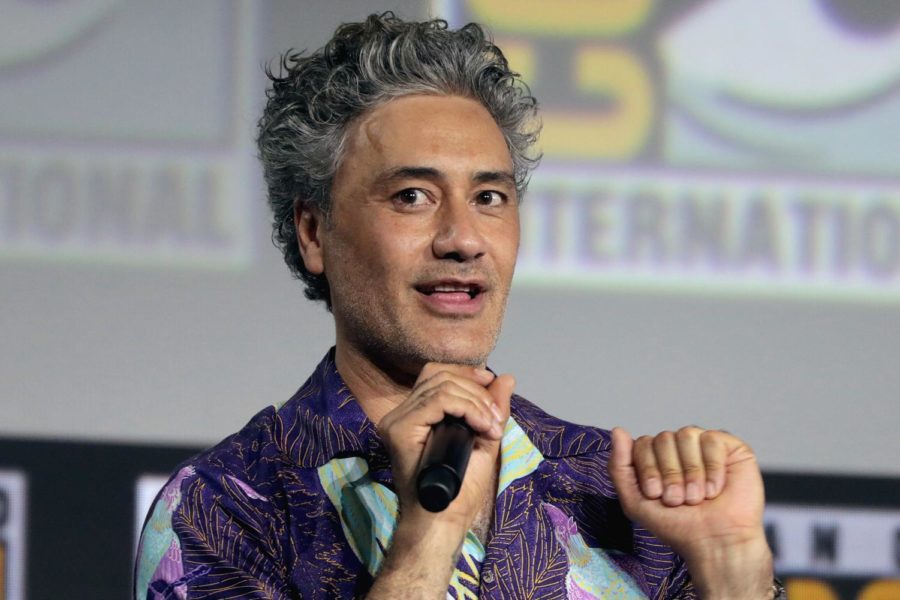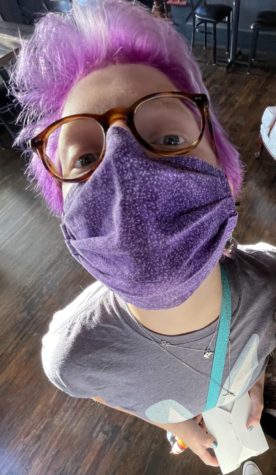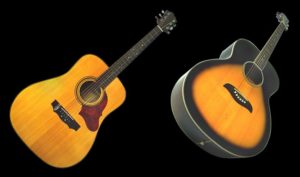A Taika Waititi Feature
May 9, 2022
The majority of people who would recognize the name Taika Waititi would know him as the voice of Korg, the towering yet endearing rock creature in Marvel’s Thor: Ragnarok, which Waititi also directed. According to Entertainment Weekly, many of Korg’s positive traits were in fact suggested by Waititi and are meant to reflect some of the traits generally associated with the Māori population in New Zealand, from whom his father descended. Korg is also intended to appear in Thor: Love and Thunder, which Waititi will also be directing. However, Marvel movies are hardly Taika Waititi’s best creations, for that title could easily be handed to Jojo Rabbit or to Our Flag Means Death, or to the made-up game of “Rugbaby,” which primarily refers to a fabulous demonstration of photoshop incorporated into a decade-old TED Talk which is the source of the majority of my knowledge of my subject. (“Rugbaby” is a portmanteau of the words “rugby” and “baby,” and it was invented for the purpose of getting men more involved in their children’s lives).
Anyway, I developed my attachment to Taika Waititi after watching Jojo Rabbit twice in as many days and immediately adoring this man who was capable of making Adolf Hitler of all people a sympathetic character while also tearing down the Nazi ideology via satire. Jojo Rabbit is the story of a member of the Nazi Youth who gradually transitions from being adamant about Hitler’s military cause to the extent that the Fuhrer himself is his imaginary friend, to wanting nothing more than to protect his new, real best friend who is a Jewish girl and to give her a future. The movie is loosely based on a book called Caging Skies by author Christine Leunens, but nonetheless, it is incredibly original and arguably still incredibly niche and underrated despite having won an Oscar in 2020. There are many remarks made in the aforementioned TED Talk that in retrospect indicate Waititi’s motivation to write and direct this particular movie. “Nazis” appear on Waititi’s list of things that are “Not Cool,” but more importantly he describes how as a child he was obsessed with Nazis, and Hitler in particular, to an extent that made him feel guilty since the obsession was inexplicable but certainly not with mal intent. To be more specific, he says, “Every time I drew [a swastika]… I would instantly feel guilty and I’d have to change it into windows.” That thought process is one I can relate to, and therefore the TED Talk only further fueled my fascination.
The HBOMax series Our Flag Means Death made its debut in March of 2022, and although I originally wanted to watch it solely because it stars Taika Waititi in the role of Edward “Blackbeard” Teach, the world’s most well-known yet most mysterious pirate, what really kept me watching was the queer representation in the show. Waititi’s band of misfit pirates is remarkably accepting of the queer characters and relationships they encounter considering the series is set in the 1700s, and best of all the most heartwarming moments shared by Blackbeard and his romantic counterpart were, or at least appear to have been, improvised by Waititi during the show’s production. Our Flag Means Death is orders of magnitude more heartfelt than its title would suggest, a quality which I would attribute primarily to Waititi’s acting abilities, as well as the fact that he directed the pilot episode as his character wasn’t to appear until episode two.
Anyone who’s seen the movie Free Guy should recall its villain, Antwan, who was the picture of corporate greed and who was portrayed by none other than Taika Waititi. However, the character of Antwan was more entertaining than he was a convincing villain because his role belonged to someone with the unique talent of making the obnoxious endearing, a trait which is most obvious in the many interviews of his that I’ve watched time and again. He simply appears to be a genuinely good person, one who evidently revels in everything from his indigenous heritage to his current career path, both of which are addressed in my previously mentioned primary source: Toward the beginning of his TED Talk, Waititi states that, “Film happened to be an amalgam of all the things I’m interested in,” which I would argue is how glowingly everyone should be able to describe their jobs. Interestingly enough, he concludes with a greeting, specifically one from the Māori language and one that I love so much that it seems essential to include it here. “Tēnā koe,” or “tēnā koutou,” at least according to Waititi, literally translates to “there you are” or “there you guys are,” and thus he uses them to make the point that just being present is its own form of success, which has since been demonstrated by all of the characters he’s created or embodied and over whom I’ve laughed and cried.






























































































































